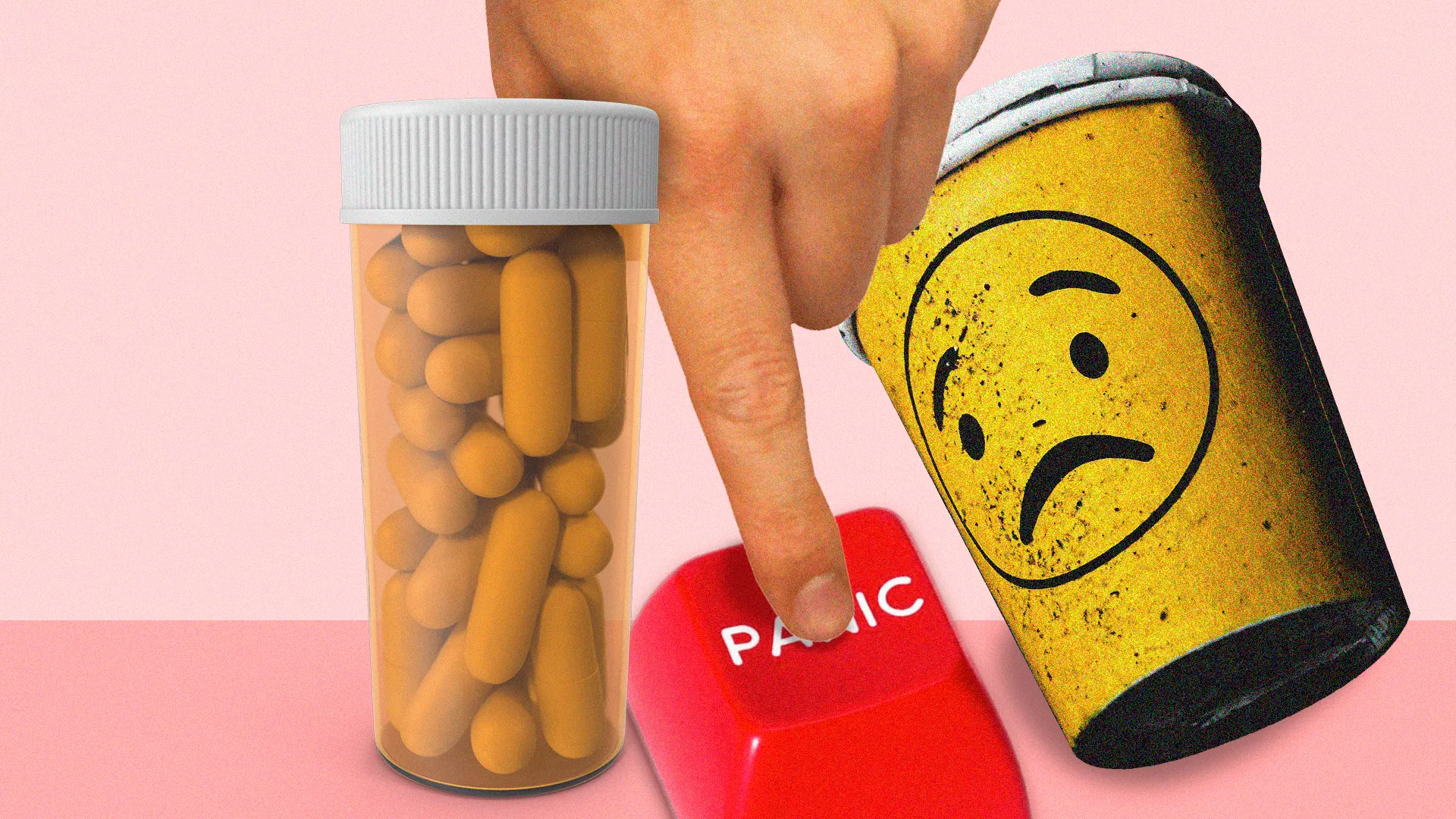5 Tips for Stress Management by PULSE CLINIC
2622
Try these five tips to manage stress and reduce the overall stress of day-to-day activities.

5 Tips for Stress Management
We can’t always control what happens in our lives that causes us to experience stress. That doesn’t mean, however, that our well-being is at the mercy of outside forces. No matter what stressors you are facing, you can manage your stress reaction and feel well mentally and physically.
Try these 5 tips for managing stress:
1. Increase Your Awareness of Your Stressors & Stress Response
The more you know about what sets off your stress reaction and how you experience stress—your symptoms—the sooner you can take measures to manage things.4 Tune into your thoughts, feelings, and physical sensations to catch feelings of stress before it grows out of control.2 Once you know what triggers you and recognize when it happens, you can cope by using one or more of the these tips.
2. Start With What Is Within Your Control
Identifying what you can control and taking small action steps can help you feel more centered and empowered.4 Perhaps simplify a large project by breaking it down into small, manageable components, take a stressful situation one moment at a time, or choose to spend more time with people who encourage you and less time with those who are toxic.1 If you find yourself stuck in a terrible situation, take some control of your response by drawing on relaxation strategies.
3. Use Purposeful Relaxation Strategies Often
When you teach yourself to relax, you learn to control your physiological stress response. The fight-or-flight response happens automatically, but you can intentionally switch it off by using relaxation techniques that deactivate the sympathetic nervous system (SNS) and activate its physiologic counterpart, the parasympathetic (i.e., “rest and relax”) nervous system (PNS).2,3 The moment you notice yourself feeling stressed, begin to take slow, deep, mindful breaths. The act of breathing this way calms the body’s stress reaction.
You can also prevent your fight-or-flight response from dominating by engaging in regular practices to strengthen your body’s natural relaxation response. Practices such as yoga, tai chi, and meditation have been found in studies to reduce stress and increase feelings of calm.2 Also, having massages, watching something that makes you laugh, or doing anything healthy that to you is relaxing can reduce stress in a given moment and over time.4
Regular relaxation can be as simple as listening to music you find calming or inspiring. In a study reported in 2019 in the journal Anestesiologica, music was found to disrupt the stress response.5 The study showed that listening to or creating music directly impacts the nervous system, brain, heart rate, blood pressure, breathing rate, and hormone production.
Stepping outside is a stress-reducing, relaxation strategy that is quick and easy to do. A review, published in 2020, of 14 studies investigating the effects of nature on well-being revealed that even just 10 minutes of being outside in nature (such as a backyard or park) can reduce feelings of stress.6 Taking frequent breaks to step outside and breathe deeply can reset your body and center your mind.
4. Nourish Your Body & Brain
Taking care of your whole self helps reduce the negative effects of stress. Proper diet and physical activity are vital for both short- and long-term stress management.7
Exercise improves sleep by increasing the amount of restorative slow wave sleep cycles each night, boosts mood, decreases anxiety, and increases positive feelings about yourself and your circumstances.
What you eat also directly impacts your mental health. Eating lots of processed foods, sugars, and unhealthy fats can worsen the effects of stress and disrupt mood. Eating healthy foods like complex carbohydrates, lean proteins, healthy fats, and antioxidant-rich produce, spices, and beans nourishes your brain and body with nutrients like magnesium, vitamin C, and omega-3 fatty acids—all of which have been found to reduce the effects of stress on the body and mind.
5. Find What You Enjoy, & Do It Often and Regularly
An important key to dealing positively with stress is to experiment with stress-management techniques to find what works for you. Just as the causes of stress differ from person to person, so, too, do the tools that relieve stress. Discover what you enjoy doing and gradually do more of it over time.
Working stress management naturally and pleasantly into your daily life will prevent it from becoming one more thing on your already-long to-do list and thus another source of stress. When stress management is pleasant, you are more likely to engage in it regularly, which is another important key to coping with stress. Stress management isn’t a single event but instead is something done regularly to keep your PNS activated and working to keep you calm.
Add us on Line and stay in touch.
Try these five tips to manage stress and reduce the overall stress of day-to-day activities:
1. Use guided meditation.
Guided meditation is a great way to distract yourself from the stress of day-to-day life. There are many guided meditations available online that can help you find five minutes of centered relaxation.
2. Practice deep breathing.
Deep breathing is a great way to reduce the activation of your sympathetic nervous system, which controls the body's response of fight or flight to a perceived threat. Deep breaths taken in for a count of five seconds, held for two seconds and released for a count of five seconds, can help activate your parasympathetic nervous system to rest and digest, which helps reduce the overall stress and anxiety you may be experiencing.
3. Maintain physical exercise and good nutrition.
Physical exercise and nutrition are two important components in how you respond to stress. When your body is healthy, your mind can be healthy and vice versa. Physical exercise is proven to be a great stress reliever and also helps to improve your overall quality of life. Nutrition is important because stress can deplete certain vitamins, such as A, B complex, C and E. Maintaining proper nutrition not only helps your body feel better, but your mind as well, which allows you to better combat stress.
4. Manage social media time.
Spending time on social media sites can become stressful, not only by what you might see on them, but also because the time might best be spent enjoying visiting with friends, being outside enjoying the weather or reading a great book. In addition, many people use social media at night, which may worsen sleep due to increased stress at the exact time people are trying to wind down for the evening, resulting in fewer overall hours of quality sleep.
5. Connect with others.
Humans are social beings. You need to have connections with people to feel supported. Finding a sense of community, whether at work, with a religious organization or through shared activities, such as organized sports, is important to your well-being. Enjoying a shared activity allows you to find support and foster relationships that can be supportive in difficult times.



